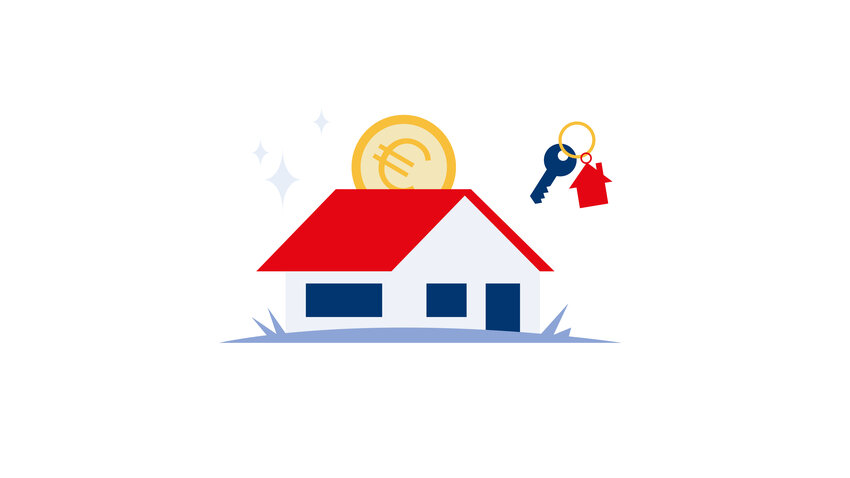![[Translate to English:] [Translate to English:]](/fileadmin/_processed_/5/8/csm_SP_175_Illustration_422_EXP_Bertrand_Lathoud_Luxembourg_House_of_Cybersecurity_d8f6d97d0e.jpg)
In this short extract from the “Evergreens by Spuerkeess” podcast, Bertrand Lathoud, COO and Senior Advisor at the Luxembourg House of Cybersecurity, explains the importance of cybersecurity. He considers current threats and shares some practical advice on how to protect businesses. He also highlights the role played by artificial intelligence (AI) in the evolution of cybersecurity, and underlines the importance of staying informed and vigilant on an ever-changing digital landscape.



![[Translate to English:] [Translate to English:]](/fileadmin/_processed_/f/5/csm_SP_171_Illustration_420_EXP_Philippe_Parage_CN3_77e5a0f32e.jpg)
![[Translate to English:] [Translate to English:]](/fileadmin/_processed_/5/8/csm_SP_171_Illustration_420_EXP_Lars_Weber_Spuerkeess_eed2a393e7.jpg)
![[Translate to English:] [Translate to English:]](/fileadmin/_processed_/c/f/csm_119__Portrait__Simone_van_Schouwenburg_Interview_1b6dcdd1cb.jpg)
![[Translate to English:] [Translate to English:]](/fileadmin/_processed_/8/a/csm_231__Portrait__Emir_Mustafic__Interview__1__91cec06c41.jpg)
![[Translate to English:] [Translate to English:]](/fileadmin/_processed_/8/7/csm_410_EXP_Luigi_Garofoli_Spuerkeess_6fe92987c1.jpg)
![[Translate to English:] [Translate to English:]](/fileadmin/_processed_/9/f/csm_419_EXP_Claude_Faber_Lisa_Wells_Raoul_Loudvig_150e57f346.jpg)
![[Translate to English:] [Translate to English:]](/fileadmin/_processed_/7/d/csm_417_RSE_Max_Didier_CDCL_ac53048797.jpg)
![[Translate to English:] [Translate to English:]](/fileadmin/_processed_/0/7/csm_Jessica_Thyrion_ESG_080dab77d5.png)

![[Translate to English:] [Translate to English:]](/fileadmin/_processed_/d/e/csm_409_EXP_Daniel_Madariaga_Christophe_Medinger_Spuerkeess_b365cdfa09.jpg)
![[Translate to English:] [Translate to English:]](/fileadmin/_processed_/5/4/csm_401_EXP_Laura_Schauss_Resultance_e79a4911e0.jpg)